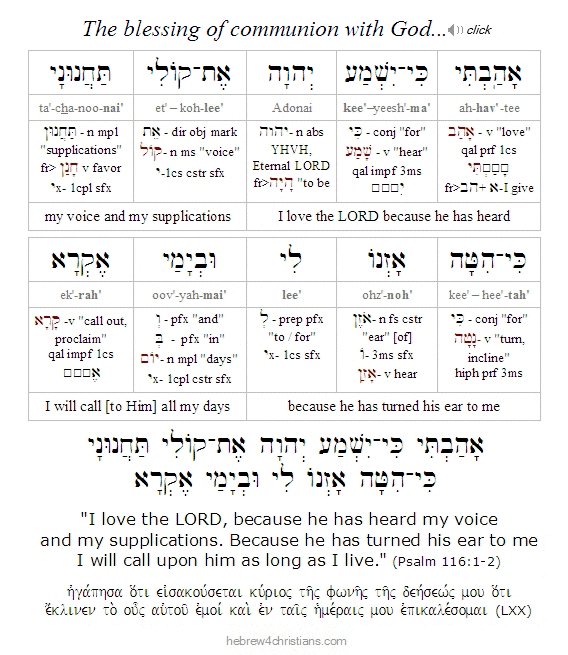|
The "silver rule" of Torah may be stated as, "Do not do to others as you would not have them do to you," (i.e., "do no harm"), whereas the "golden rule" may be stated positively as, "Do to others as they would have done to them" (i.e., "do the good"). Both principles are based on the concept of reciprocity: How you treat others affects who you are, and vice-versa, and therefore we see the centrality of respecting ourselves, of regarding ourselves as redeemable, lovable, and so on. "You shall not wrong or oppress a stranger, for you were strangers in the land of Egypt" (Exod. 22:20), and this includes the stranger you make of yourself; the parts of yourself you hide away from consciousness. Moral reality is grounded in empathy, or the exercise of sympathetic imagination... "Give and it shall be given back to you." Put yourself in the place of the other - the stranger, the outsider, the lost child - and remember the pain you experienced when you were an outsider, isolated and excluded... As we recognize the value, dignity, and worth of others, so we will find it within our own hearts, and this enables us to see more of the good. The measure you use will be measured back to you (Luke 6:38).
There is an old Chassidic story of two men sitting and enjoying a drink together. One of them then says to the other, "You know, you're my best friend. I really love you, brother!" The other man responds, "Oh yeah? If you really love me, tell me where I hurt..."
The point of this simple story is that we can't really say we love someone without taking the time to know them -- and that means knowing how they suffer. Most of us are suffering, of course, but are we able to transcend our own pain to genuinely empathize with others? Conversely, how many people do we trust enough to to confide our own pains and heartaches? The Law of Messiah (תוֹרת המשׁיח) is to bear one another's burdens (τα βαρη, "weights," Gal. 6:2), and that means making ourselves vulnerable -- and making room inside our hearts for the vulnerability of others. James tells us that personal healing comes from confessing outwardly (εξομολογεισθε) our sins (τας αμαρτιας) to one another so that we may be healed (James 5:16). Of course it's humbling to share our sins, our failures, and our hurts to another, but without an audience for the inner voice of our pain, we suffer all the more... "We are only as sick as the secrets we keep."
If someone loves us, they will know "where we hurt"; and if we love them, we will know where they hurt, too. This same principle can also be applied to our relationship to Yeshua... We take comfort that Yeshua sticks closer to us than a brother, interceding on our behalf and "knowing where we hurt." But if we say that we love him, are we are not claiming that we know him and "where he hurts?" Does Yeshua suffer today? The Apostle Paul wrote: "Now I rejoice in my sufferings for your sake, and in my flesh I am filling up what is lacking in Christ's afflictions for the sake of his body, that is, the church" (Col. 1:24). What is "lacking in Christ's afflictions" is our present sacrifice for the sake of others... Yeshua hungers with those who are hungry, thirsts with those who are thirsty, feels loneliness with those who are abandoned, shivers with those who are cold, weeps with those who are forlorn, is imprisoned with those who are incarcerated, is sick with those who are ill, and so on (Matt. 25:31-ff). Yeshua feels the pain of even the "least of these my brothers." This is where he hurts, chaverim...
Hebrew Lesson
Psalm 116:1-2 reading (click for audio):
 |
|



